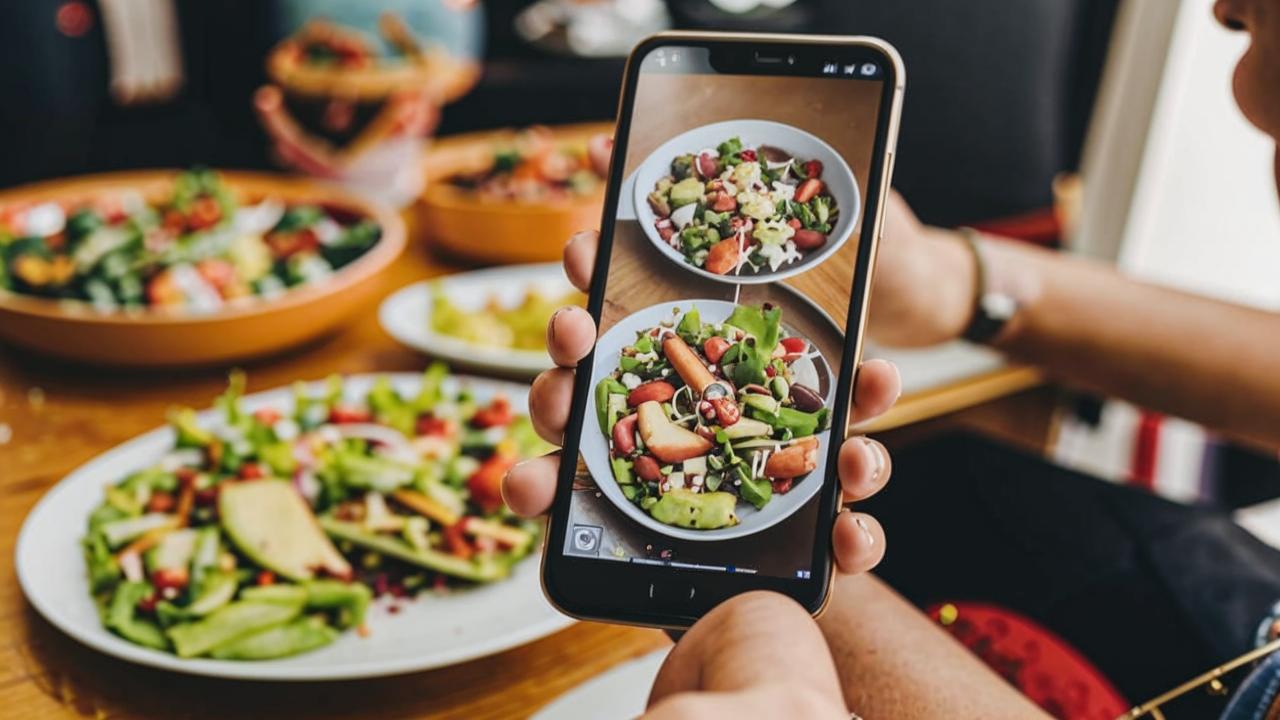
Meditsiiniteaduste kandidaat, integratiivse, ennetava ja konventsionaalse meditsiini arst, toitumisspetsialist
Caloric intake is a relative concept that refers to how much energy the body can obtain by consuming a particular food. Many fitness trainers and nutritionists subscribe to the calorie allowance theory, while others believe that humans are not vapor machines. Let’s find out where the truth lies.
What are products with negative calories
Negative caloric content is the process during which the body spends energy to digest a particular product more than it receives energy from it. For example, celery gives 10 kcal, but its digestion requires 15 kcal. It turns out that the body is in deficit.
But this is not always the way it works. It is impossible to calculate how much energy a certain organism burns while performing a specific action, and therefore, it is difficult to determine how many calories this organism may need per day.
Each person’s metabolic rate is different and depends on genetic factors and chronic diseases. Digestion of the same product in each individual person will differ in process, time and energy consumption.

In addition, it is wrong to say that the body goes into the minus on the received calories, rather – to zero. But this is if you eat only one spinach, for example, without eating it with potatoes and chops.
Products with “negative calories” include asparagus, cucumbers, broccoli, spinach, celery, apples, some types of berries, spices, seaweed, mushrooms. But their degree of “calorie” also depends on the way of preparation and combination with other products.
This is not to mention that fruits and vegetables contain a lot of fiber and vegetable sugars. Yes, they are very useful, they should be introduced into the diet, but not with the purpose of spending calories more than eating them.
Do these foods help you lose weight
Science believes that products with negative calories are both a fact and a myth. That is, they really exist, but they do not actually take calories from the body, and even more so do not lead it into an energy deficit. This is the conclusion reached by researchers from the University of Alabama.
In conclusion, it should be said that the body will never spend calories more than it has received. Moreover, it will not affect the burning of fat deposits in any way.
However, foods rich in fiber help to fill the stomach faster, which reduces appetite and accelerates the feeling of satiety. That is, the use of such products can really help in weight loss, but only if you replace them with unhealthy food.





